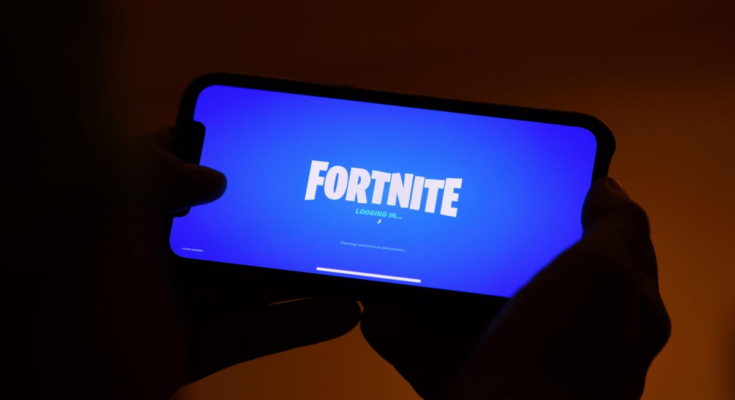
A ruling has been made in the contentious legal battle between Apple and Fortnite creator Epic Games, but until the appeals start rolling in, nobody can really declare a “victory royale” on this one. (That’s a Fortnite reference.) Epic failed in its plot to tear down the walls of iOS and Apple failed in its bid to make Epic apologize for being a bad friend, but there were still some noteworthy decisions made because of the suit. The Verge has a handy write-up of what it all means, but the short version is that everyone was wrong in some way and that nobody is going to get exactly what they wanted from this.
It all started last summer, with Epic introducing a new payment system in Fortnite that allowed users to save 20 percent on the game’s currency of V-Bucks (used to buy new characters and dances and whatnot) if bought anywhere other than through the App Store or Google’s Play Store. The trick was that Apple and Google get a cut of all the money made through in-app purchases on their stores, so by prompting users to buy their V-Bucks somewhere else, Epic was circumventing that and standing in the way of Apple and Google getting their share. Apple saw this as a violation of App Store rules and pulled Fortnite from the platform, and then—almost as if this was planned from the beginning, because it absolutely was—Epic immediately dropped a lawsuit on Apple for allegedly having a “total monopoly in the iOS App Distribution Market.”
It wasn’t about money you use in Fortnite, then, it was about Apple taking options away from users and app developers by having control over everything that can be loaded onto an iOS device. It might’ve been a fair point, but Epic immediately then squandered any goodwill it might’ve earned for standing up for the little guy by spinning it all into a marketing stunt with goofy anti-Apple Fortnite cartoons and a “#FreeFortnite” hashtag that tried to position this as a battle of good vs. evil rather than a battle of which enormously successful company gets to keep the $.30 of every $1 you spend.
In her ruling on Friday, though, Judge Yvonne Gonzalez Rogers decided that it really is about the money you use in Fortnite and that both Apple and Epic have been unnecessarily dramatic about the whole thing. She rejected Epic’s arguments that Apple has a monopoly on the mobile gaming market—though she did say its success has brought it close to one—and she decided that Apple has a right to collect a cut of purchases made on the App Store because it uses that as a “licensing fee.” Intellectual property law apparently says that Apple’s supposed to get that money somehow, and taking a chunk of App Store purchases (like when people buy V-Bucks) is simply the easiest way to do that. On top of that, Epic has to pay Apple damages for breaking its user agreement when it snuck the new Fortnite payment system in without telling anyone and Epic’s App Store developer account is still banned, which means there’s no guarantee that Fortnite will ever return to iOS.
Buuuut, Apple didn’t walk away from this with exactly what it wanted, either. Epic’s side got a big win in the form of the judge deciding that Apple’s current in-app purchase system violates California’s Unfair Competition Law by preventing developers from even telling users if cheaper options are available somewhere else, which means iOS apps have a right to say “you can buy this cheaper on our website” and link to that website. It’s all slightly vague, so the rules aren’t totally clear for now, but it looks like Apple doesn’t have to make that process easy, it’s just not allowed to directly stop it. So the rule Fortnite broke probably should not have been a rule, but it’s still in trouble because it didn’t outright say “we’re breaking this rule.”
G/O Media may get a commission
For iPhone users, this means you should someday be able to buy things in your phone games without having to go through the App Store. You might not ever be able to play Fortnite again, because Apple might just be that pissed at Epic over all of this, but this at least seems like good news for… literally everyone other than Apple and Epic Games.



